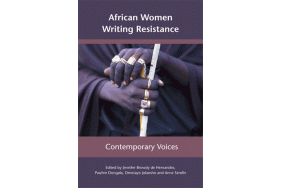Nature and culture are deeply linked. Together they are central to the lives and livelihoods of hundreds of millions of marginalised people around the world, and will be critical to how they respond to climate change and other environmental challenges.
To shine a light on this way of thinking (…)


